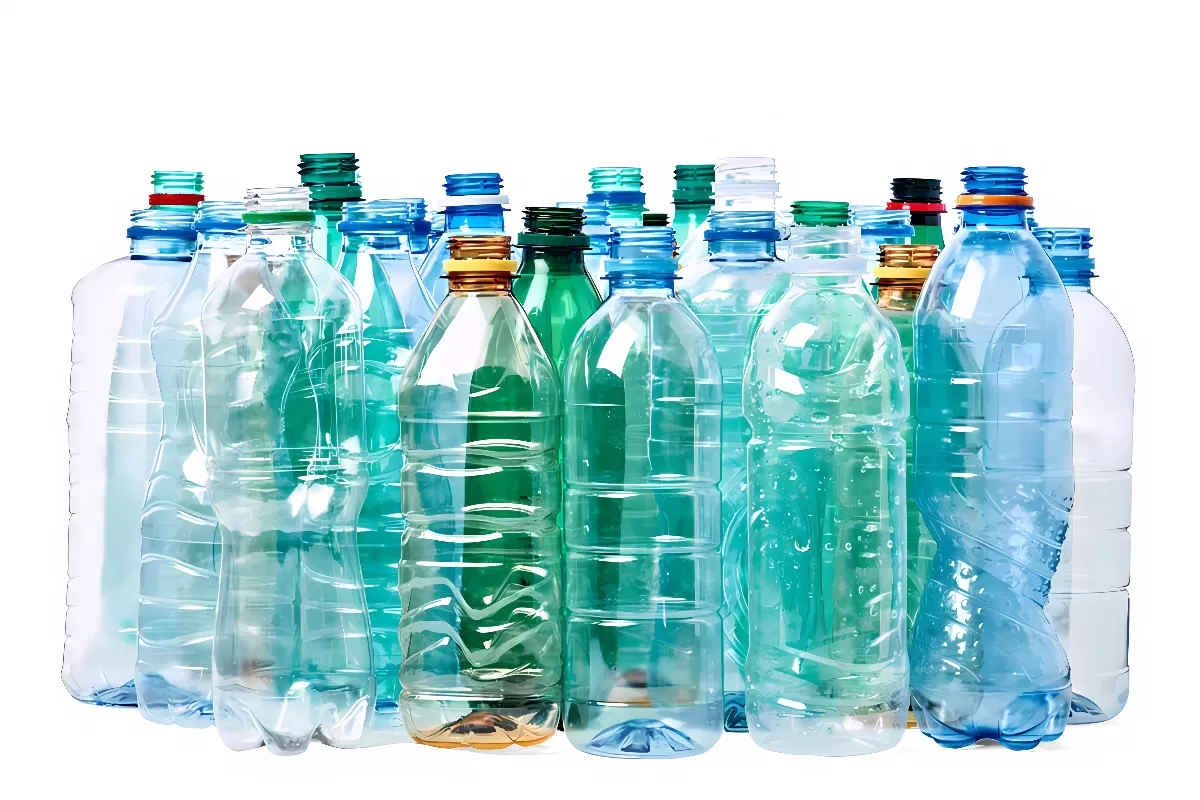PET is een hoogwaardig materiaal dat een cruciale rol speelt in de kunststofindustrie. Het heeft uitstekende secundaire verwerkingsprestaties. De snelle groei van de consumptie van PET-flessen heeft de waarde van PET enorm vergroot door het gebruik van statiegeldsystemen, die recycling en hergebruik mogelijk maken. Voor bedrijven kan PET-recycling aanzienlijke winsten opleveren.
Before PET recycling, PET bottles must be crushed into flakes and then cleaned. Typically, after washing, the PET flakes require pre-drying and crystallization. However, with the latest professional technology from Covestro, crushed PET flakes can be directly fed into ZSK twin-screw extruders for compounding without the need for pre-drying or crystallization. Due to the efficient plasticizing action of ZSK extruders, Covestro’s solution enables production rates of up to 8 tons per hour in PET recycling applications. Compared to traditional methods of PET recycling, companies can achieve greater profits with excellent product quality as well as lower operating costs, energy consumption, and logistics expenses.
One major challenge in PET bottle recycling is removing impurities from them. Alkaline cleaning agents should be avoided during washing to prevent accelerated hydrolysis of PET. Significant developments have been made in equipment used for PET bottle recycling and application processes such as water flotation/hydrocyclone separation technology. This separation technique separates labels, adhesives (glue), HDPE (high-density polyethylene), aluminum, etc., based on their different densities using air classifiers, aqueous detergent solutions,wet floatation/hydrocyclones,and electrostatic separators,to obtain purePET.
Physical treatment methods are closely linked to the sorting processes in PET bottle recycling. There are two primary physical recycling methods:
- The process involves shredding waste PET plastic bottles into flakes and separating high-density polyethylene (also known as HDPE), aluminum, paper, and adhesive impurities from the PET. Afterward, the PET flakes are washed, dried, and pelletized.
- First, mechanical methods are used to separate the impurities on the PET plastic bottle, such as non-PET caps, bottoms, and labels. Then, the PET bottles undergo washing, crushing, and pelletizing. Physical recycling methods are the easiest to implement. A major challenge in PET bottle recycling is removing impurities from them. It is important to avoid using alkaline cleaning agents during washing to prevent accelerated hydrolysis of PET.
Chemical recycling methods for PET bottle recycling include hydrolysis, alcoholysis, ammonolysis, aminolysis, and thermal cracking. Among them, hydrolysis is a process in which the PET material is hydrolyzed into dicarboxylic acids or diols using different acid or alkali solutions as the medium under certain temperature and pressure conditions. Alcoholysis decomposes PET into alcohols and acids in the presence of diols. Ammonolysis involves heating PET in ammonia water to decompose it into amides and diols. Aminolysis breaks down PET into amides and diols in the presence of amines. Thermal cracking is a high-temperature process that converts PET into low-molecular-weight compounds.
In addition, PET recycling contributes to reducing environmental pollution. Recycling PET bottles can reduce landfill space occupation, decrease natural resource consumption, and minimize environmental contamination. Furthermore, PET bottle recycling helps reduce petroleum consumption, lower oil prices, and promote economic development.

VRAGEN
Voor de meest recente prijzen en levertijden kunt u ons een bericht sturen via onderstaand formulier.



